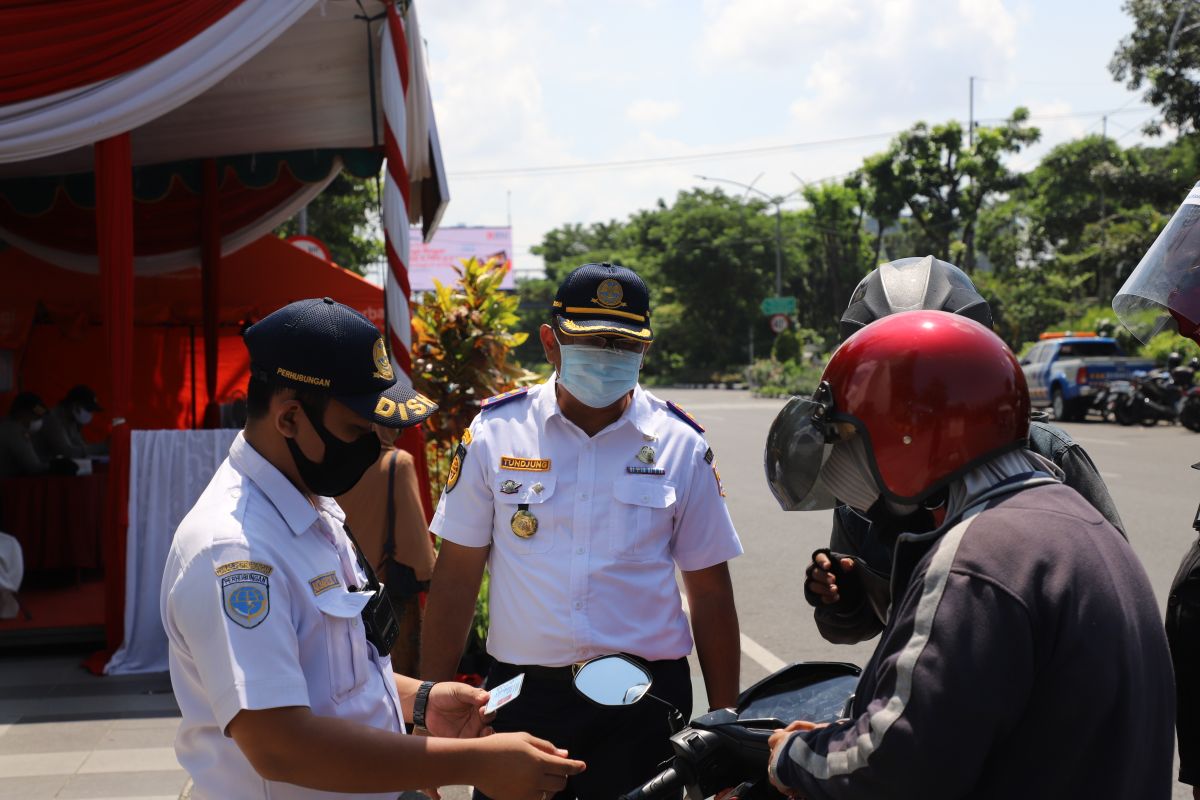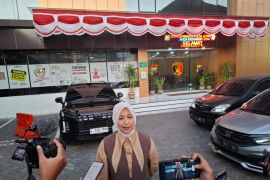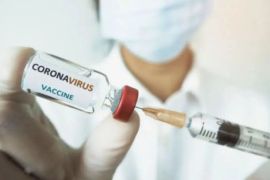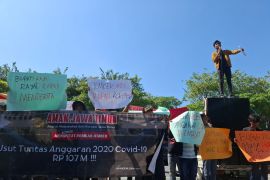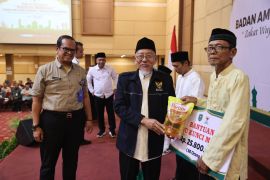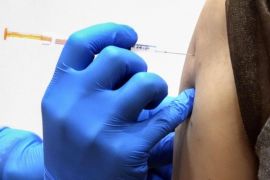"We have stopped several car drivers and motorcyclists and sent them back to their places of origin," Head of the Supervision and Control Unit of the Surabaya City Government's Transportation Office Tunjung Iswandaru remarked here, Saturday.
The on-field authorized officials and police officers found no acceptable reasons for them to venture into Surabaya amid the new coronavirus pandemic situation. Hence, they were not allowed to continue their trips to the city, Iswandaru revealed.
The checkpoints, set up by the authorized agencies since April 28, are found in Tambak Oso Wilangun (Benowo) Terminal, Dupak Rukun (Asemrowo), Kodikal (Pabean), Mayjen Sungkono (Dukuh Pakis), Gunungsari (Jambangan), Kedurus neighborhood (Karang Pilang), Masjid Agung (Gayungan), and Jeruk (Lakarsantri).
The checkpoints are also established at Benowo (Pakal) Terminal, Simo Toll Road(Sukomanunggal), Cito (Dishub), MERR Road Section (Gunung Anyar), Suramadu Bridge (Kenjeran), Rungkut Menanggal (Gunung Anyar), Wiguna Gunung Anyar Tambak (Gunung Anyar), Margomulya (Tandes), and at Pondok Chandra (Gunung Anyar).
In a bid to break the chain of the COVID-19 pandemic, the Health Ministry has allowed the Surabaya city government to impose the large-scale social restriction and distancing measures since April 28.
To this end, the Surabaya city government has also instructed offices and companies to remain temporarily shut, and those not abiding by it would be sanctioned.
Head of Surabaya's COVID-19 Task Force Eddy Christijanto drew reference to Surabaya Mayor's Regulation Number 16 of 2020 on Guidelines of Large-Scale Social Restrictions for Handling COVID-19 in Surabaya, under which all activities at offices must be temporarily halted.
Government offices, with duties pertaining to the handling of the coronavirus pandemic, and those tasked with the supply and distribution of basic necessities are exempt from this order.
Moreover, business entities, such as pharmacies, hospitals, clinics, medical equipment suppliers and distributors, traditional markets, food stalls, telecommunication services, banks, hotels, and internet providers, are barred from this order.
They all are allowed to remain open to serve the public by abiding by all COVID-19 protocols, he remarked while urging all societal elements to respect and implement the rules of Surabaya's large-scale social restriction policy.
The coronavirus outbreak initially struck the Chinese city of Wuhan at the end of 2019, but it then spread to various parts of the world, including countries in the Asia-Pacific region.
The Indonesian government officially announced the country's first confirmed cases on March 2.
Since then, the central and regional governments across the country have continually striven to flatten the curve by imposing healthcare protocols and social restrictions.
EDITED BY INE


